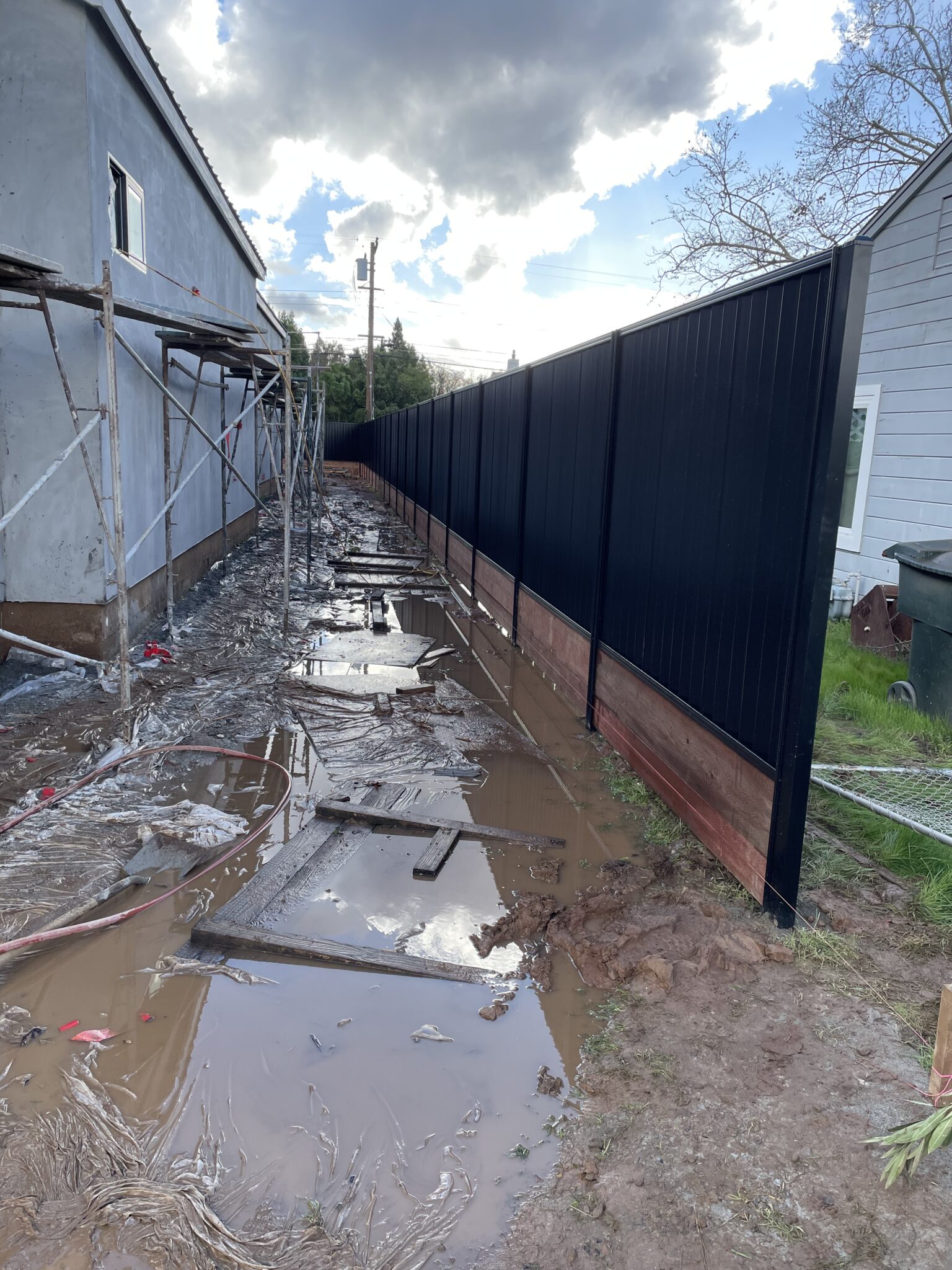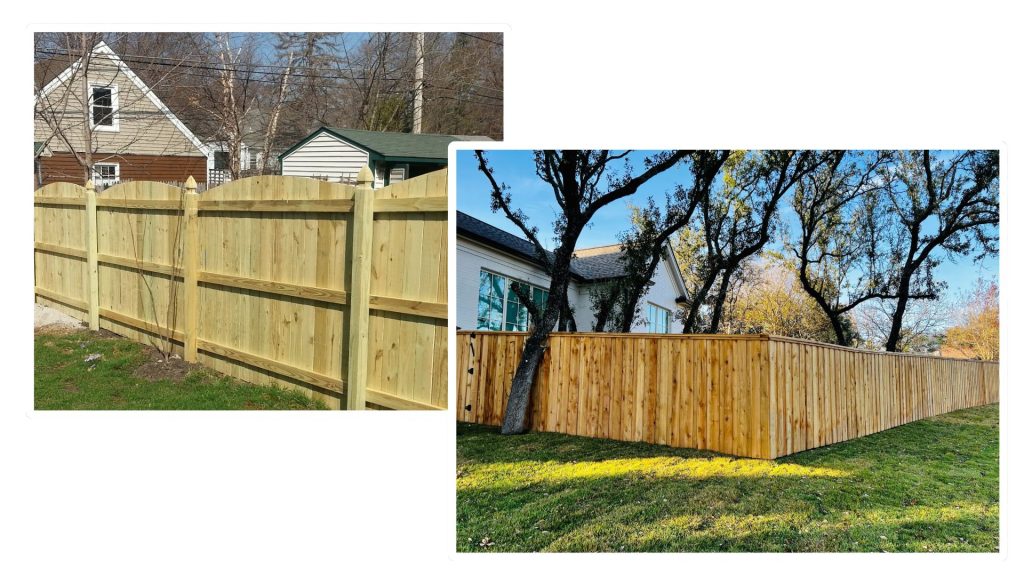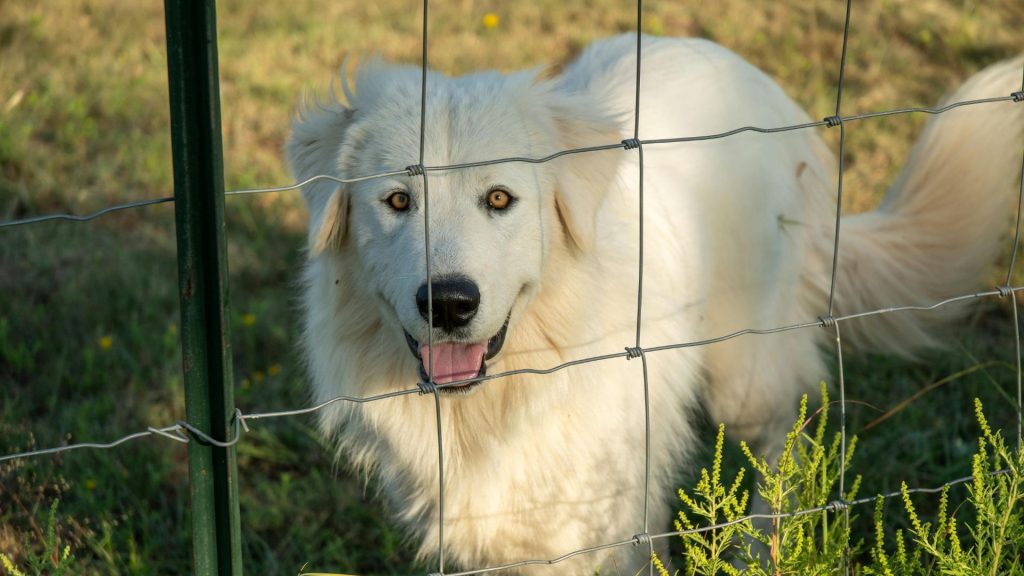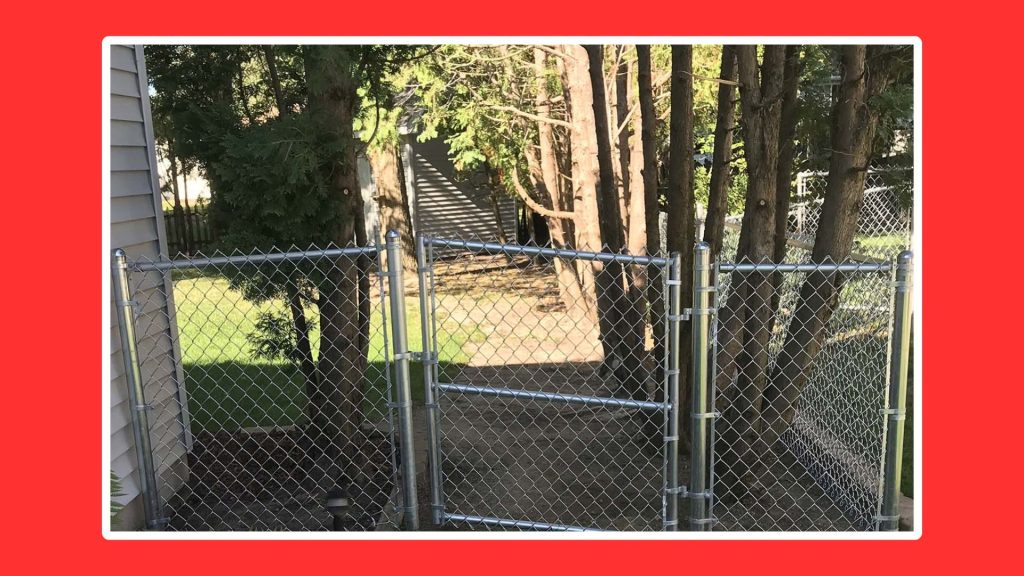Introduction
So you’ve decided on a metal fence—but now comes the tough choice: steel or aluminum?
Both options look stylish, boost curb appeal, and can last for decades. But here’s the catch: not all metals perform the same in Portland’s rainy, moss-heavy climate. Pick the wrong one, and you might face rust, bent panels, or endless repainting. Choose wisely, and you’ll have a fence that not only protects your property but also makes it look sharp for years.
Let’s break it down in plain English—strength, cost, maintenance, and Portland weather performance—so you’ll know exactly which fence works best for your yard.
Why Homeowners Choose Metal Fences
Metal fences—whether steel or aluminum—have grown popular in Portland for good reason:
- Durability: They outlast many wood options.
- Security: Stronger than vinyl or chain-link for keeping pets in and trespassers out.
- Style: Clean, modern designs or classic ornamental looks.
- Low Maintenance: No replacing warped boards or dealing with termites.
But between steel and aluminum, there are big differences you need to know before you invest.
The Case for Steel Fencing
Strength & Security
Steel is the heavyweight champion. If you’re worried about security, steel is tougher to bend or break. Great for:
- Busy streets
- Commercial properties
- Homes needing maximum protection
Lifespan
With proper coating (like powder coating or galvanized steel), a steel fence can last 20–25 years in Portland.
Style Options
Steel fences often come in ornamental designs that mimic wrought iron without the steep price.
Downsides of Steel
- Rust Risk: Portland’s rain is tough on steel. If the coating chips, rust spreads fast.
- Heavier: Requires sturdier posts and more professional installation.
- Price: Typically more expensive than aluminum.
The Case for Aluminum Fencing
Weather Resistance
Aluminum doesn’t rust. Period. That makes it perfect for Portland’s wet seasons. Even without constant upkeep, aluminum holds up.
Low Maintenance
- No repainting needed.
- Powder-coated finishes protect against fading and scratches.
- Simple hose-down cleaning.
Lifespan
Aluminum fences last 20+ years, and in many cases, longer than steel in rainy climates.
Style & Flexibility
Aluminum fences come in a wide range of designs—modern, traditional, tall, short—and can follow sloped yards with “rackable” panels.
Downsides of Aluminum
- Not as Strong: Easier to bend than steel under heavy force.
- Security Limitations: Not ideal for high-security needs.
- Cost: While often less than steel, premium aluminum can get pricey.
Side-by-Side Comparison
Feature | Steel Fence | Aluminum Fence |
Strength | Very strong, secure | Moderate strength |
Weather Fit | Rust-prone in Portland rain | Rust-proof, great for PNW |
Lifespan | 20–25 years (with upkeep) | 20+ years (low upkeep) |
Maintenance | Needs coating touch-ups | Nearly maintenance-free |
Cost | Higher upfront | Mid-range to high |
Style | Ornamental, classic look | Modern + flexible designs |
Which One Should You Choose?
Go with Steel if:
- You need maximum strength and security.
- You’re fencing in a commercial space or high-traffic area.
- You’re willing to stay on top of maintenance and repainting.
Go with Aluminum if:
- You want a low-maintenance fence in Portland’s rainy weather.
- You like the idea of rust-proof protection.
- You want design flexibility that works on sloped yards.
For most Portland homeowners, aluminum wins. While steel is stronger, aluminum’s rust resistance makes it the smarter choice in our wet climate.
Conclusion
When it comes to steel vs aluminum, both have their strengths. Steel brings unmatched toughness, but in Portland’s wet climate, aluminum usually comes out on top. It resists rust, requires less upkeep, and still delivers years of style and function.
Thinking about adding a fence that’s built for Portland weather?
Lyfe Renovations Fencing & Decks can help you choose the right material and design for your yard.



